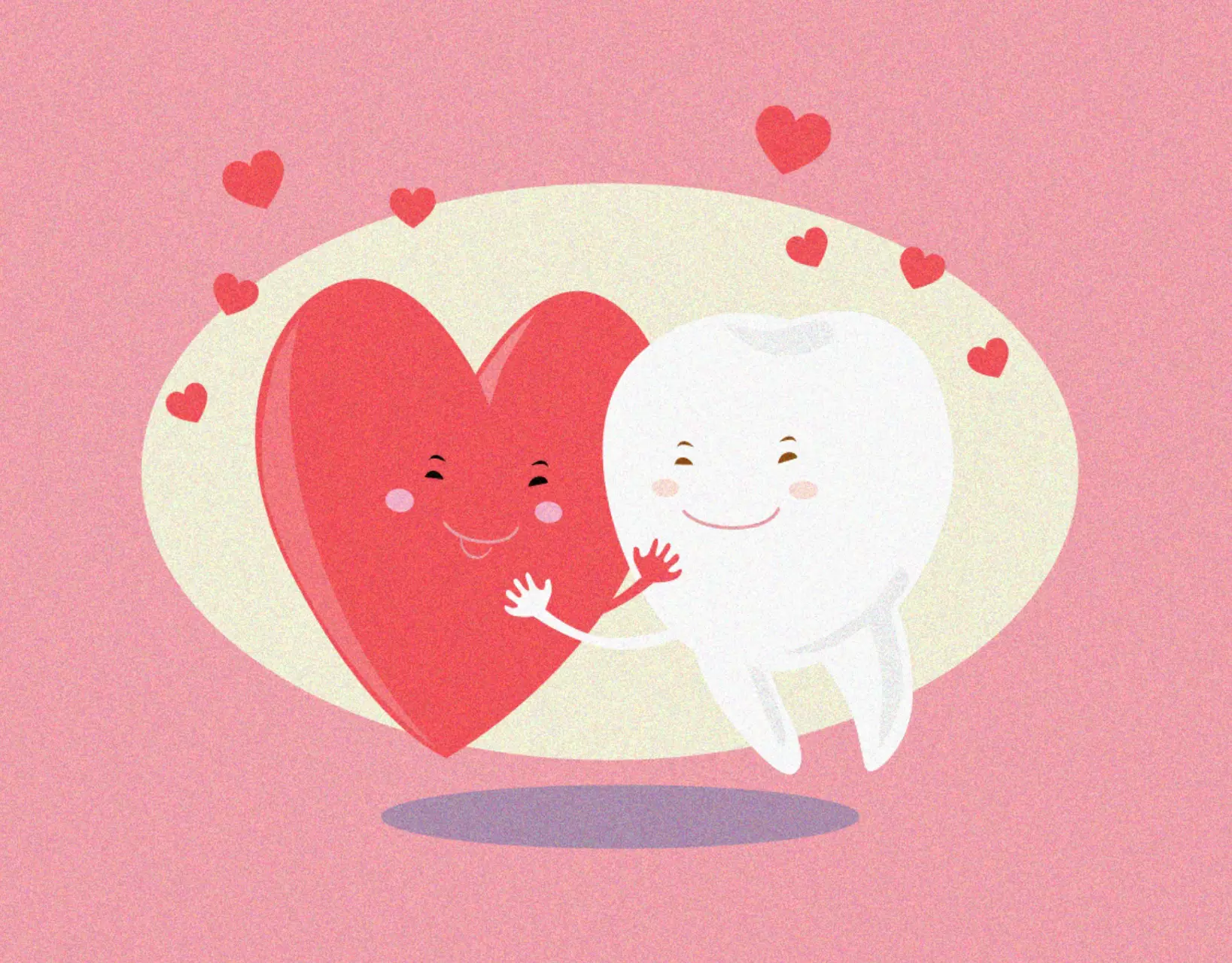Gingivitis is the first stage of gum disease. The symptoms include gum irritation, redness, swelling and possible bleeding during brushing or flossing. Timely gum disease treatment is crucial to prevent progression to periodontitis, a more severe stage. Factors like pregnancy, diabetes, medications, and tobacco use can increase the risk of gingivitis.
What is Gingivitis?

How to Treat Gingivitis
Treating gingivitis starts at home. A consistent oral healthcare routine is essential in removing plaque and prevent its buildup. Professional dental cleanings and scaling and root planing may also be recommended to remove stubborn plaque and tartar.

How can we help?
Book an Appointment Today
Don’t let sore, inflamed gums hold you back. Discover effective treatments for gingivitis at a Smile Generation-trusted office and enjoy a healthier, happier smile.
Related Posts
Inflammation is a natural part of the immune system’s response to an injury or threat. Inflammatory cells serve an important purpose when it comes to the healing process and even work to remove toxins
The teeth and tongue usually take center stage when people think of anything to do with the mouth. But maintaining healthy gums is also an important part of any oral care regimen.
Healthy vs. Unhealth
While most people are aware of the destructive effects that smoking can have on a person’s health, particularly their lungs and heart, smoking can also have a negative impact on oral health as well. N


















